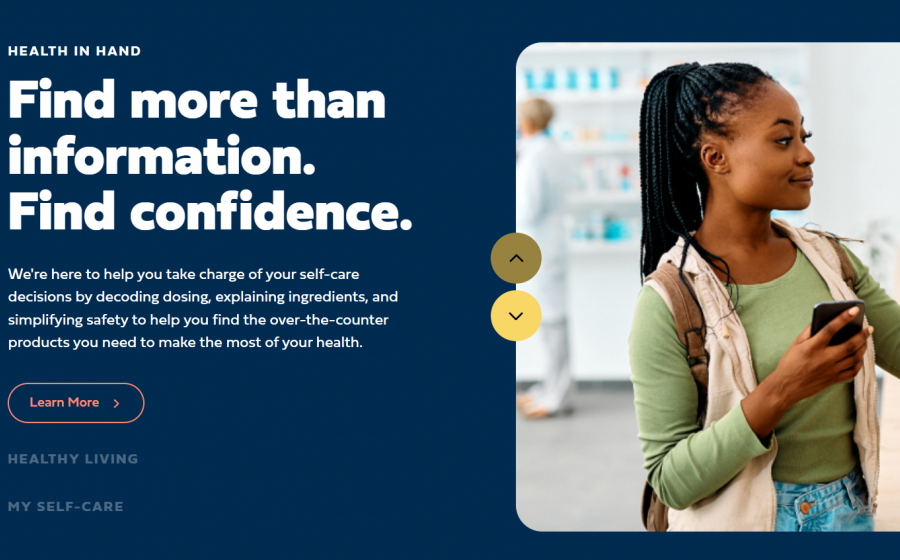Big changes in SCLC give patients options they never had before
(Diane Mulligan) - Lung cancer is the deadliest of all major cancers, with Small Cell Lung Cancer (SCLC) patients having a significantly lower survival rate than non-small cell lung cancer patients (NSCLC).
- Lung cancer is the deadliest of all major cancers, with Small Cell Lung Cancer (SCLC) patients having a significantly lower survival rate than non-small cell lung cancer patients (NSCLC).
In 2012, the National Cancer Institute identified SCLC as a top priority. More targeted and personalized treatments are expected to be released soon. There are also many clinical trials focusing on SCLC. The new research is leading to new treatments and new hope, which can't come quickly enough for SCLC patients.
SCLC is different from NSCLC, which is the most common form of lung cancer. It is the most aggressive form of lung cancer and the one most closely associated with smokers. The SCLC tumors morph as they try to survive. They change their form, trying to hide from the current treatment.
Lung cancer researchers are now focused on treatments that target specific tumors.

Dr. Triparna Sen, Associate Professor at Icahn School of Medicine at Mt. Sinai Health System says, “Do we have targets? Yes, we do have targets. Do they look promising? Yes, they do look promising. It will not be one size fits all.”
Most SCLC patients are treated with chemotherapy, but there have been recent advances in using immunotherapy along with chemotherapy. Patients who have finished their initial treatment now have new options and should talk to their doctor about new treatments being researched in clinical trials. In most of these trials, one set of patients receives the latest approved treatment while the other set receives the treatment being researched.
According to Lung Cancer Foundation of America Founder Kim Norris, “These clinical trials are where patients are getting the gold standard of care. They may be receiving the treatments of tomorrow, today.”
It was only last year when the first SCLC treatment breakthrough was announced. Then researchers identified a subset of SCLC patients who appear to respond to drugs that are already proven cancer fighters; the proteins in the tumors of these patients make them more receptive to targeted therapies.
The Lung Cancer Foundation of America provides initial funding to young investigators who are studying all types of lung cancer. The group was organized after the co-founder, Kim Norris, realized that although it was the deadliest of all the major cancers, lung cancer received the least amount of federal funding in relation to other major cancers.
Norris says, “It’s that funding that allows the best and brightest young investigators to choose to study lung cancer.”
To find out the latest on lung cancer research and how you can help, you can go to lcfamerica.org.
Above image: Dr. Triparna Sen, Associate Professor at Icahn School of Medicine at Mt. Sinai Health System


 - By the time you read this article, three people will have had a stroke and one will die. Stroke is the leading cause of serious long-term disability in the United States, impacting nearly 800,000 people each year, with a quarter experiencing another stroke within five years. Despite the prevalence of stroke, 80% are preventable with a combination of medication and healthy habits.
- By the time you read this article, three people will have had a stroke and one will die. Stroke is the leading cause of serious long-term disability in the United States, impacting nearly 800,000 people each year, with a quarter experiencing another stroke within five years. Despite the prevalence of stroke, 80% are preventable with a combination of medication and healthy habits.
 - Cardiovascular Disease including stroke remains a leading cause of death in the United States and is the number one cause of death in women, according to the American Stroke Association, a division of the American Heart Association.
- Cardiovascular Disease including stroke remains a leading cause of death in the United States and is the number one cause of death in women, according to the American Stroke Association, a division of the American Heart Association.
 - The number of deaths from heart disease in America may be rising due in part to a Medicare coverage technicality. Home-based, virtual cardiac rehabilitation is popular nationwide and has proven to reduce the risk of death. In 2018, the American Heart Association and other professional societies endorsed virtual cardiac rehab as an effective option for patients. In fact, a recent study in the Journal of the American Medical Association showed a 36% lower risk of death for those adults participated in a home-based, cardiac rehab program versus those who did not.
- The number of deaths from heart disease in America may be rising due in part to a Medicare coverage technicality. Home-based, virtual cardiac rehabilitation is popular nationwide and has proven to reduce the risk of death. In 2018, the American Heart Association and other professional societies endorsed virtual cardiac rehab as an effective option for patients. In fact, a recent study in the Journal of the American Medical Association showed a 36% lower risk of death for those adults participated in a home-based, cardiac rehab program versus those who did not.
 - Despite having a standard of living among the highest in the world, the maternal mortality rate in the United States has increased over the past 25 years, according to data from the Centers for Disease Control and Prevention. The numbers are especially poor for Black women, who are two to three times more likely to die from pregnancy-related causes than their white counterparts, while black infants are more than twice as likely to die as white infants. These disparities persist regardless of level of education.
- Despite having a standard of living among the highest in the world, the maternal mortality rate in the United States has increased over the past 25 years, according to data from the Centers for Disease Control and Prevention. The numbers are especially poor for Black women, who are two to three times more likely to die from pregnancy-related causes than their white counterparts, while black infants are more than twice as likely to die as white infants. These disparities persist regardless of level of education.
 - Fifty thousand people in the U.S. have had their skin cancer cured without going to hospitals or undergoing traditional Mohs surgery, avoiding that treatment’s pain, bleeding, surgical scarring and, often, need for follow-up reconstructive surgery.
- Fifty thousand people in the U.S. have had their skin cancer cured without going to hospitals or undergoing traditional Mohs surgery, avoiding that treatment’s pain, bleeding, surgical scarring and, often, need for follow-up reconstructive surgery.
 -
- 
 - La enfermedad cardíaca es la principal causa de muerte en los Estados Unidos. Una de cada cinco muertes se debe a una enfermedad cardíaca, a pesar de que la enfermedad se puede prevenir en gran medida.
- La enfermedad cardíaca es la principal causa de muerte en los Estados Unidos. Una de cada cinco muertes se debe a una enfermedad cardíaca, a pesar de que la enfermedad se puede prevenir en gran medida.
 - Heart disease is the leading cause of death in the United States. One in five deaths is due to heart disease, even though the disease is largely preventable.
- Heart disease is the leading cause of death in the United States. One in five deaths is due to heart disease, even though the disease is largely preventable.
 - With food costs on the rise, many people are looking for meals and recipes that stretch their dollar. According to The Peanut Institute, peanuts and peanut butter are some of the most affordable, nutrient-dense sources of protein available.
- With food costs on the rise, many people are looking for meals and recipes that stretch their dollar. According to The Peanut Institute, peanuts and peanut butter are some of the most affordable, nutrient-dense sources of protein available.
